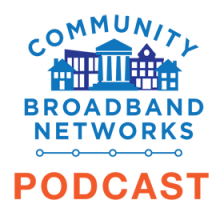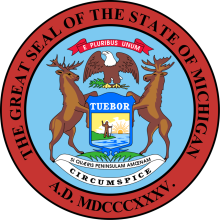Hope and Change - Episode 527 of the Community Broadband Bits Podcast

This week on the podcast, Christopher is joined by Harold Feld, Senior Vice President at Public Knowledge. Feld is a staple of the field, and has been a consistent voice not only for consumers but broadband advocates of all types for more than two decades.
The show takes on a reflective nature, as they talk about theories of change in the context of doing broadband policy today. Harold shares how he thinks of the progress that gets made in the long term by aligning the corporate incentive with the public interest. He shares coming to terms with having lots of hard days, the power of fighting battles you expect to lose, and learning, getting better, and building powerful coalitions along the way. Harold and Christopher end the show by talking about some examples of the latter, including important wins like the Rural Tribal Priority Window and the expansion of community networks of all shapes and sizes.
This show is 48 minutes long and can be played on this page or via iTunes or the tool of your choice using this feed. You can listen to the interview on this page or visit the Community Broadband Bits page.
Transcript below.
We want your feedback and suggestions for the show-please e-mail us or leave a comment below.
Listen to other episodes here or view all episodes in our index.
Subscribe to the Building Local Power podcast, also from the Institute for Local Self-Reliance, on iTunes or Stitcher to catch more great conversations about local communities, the concentration of corporate power, and how everyday people are taking control.
Thanks to Arne Huseby for the music. The song is Warm Duck Shuffle and is licensed under a Creative Commons Attribution (3.0) license.


